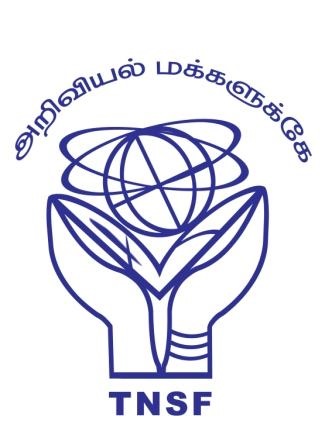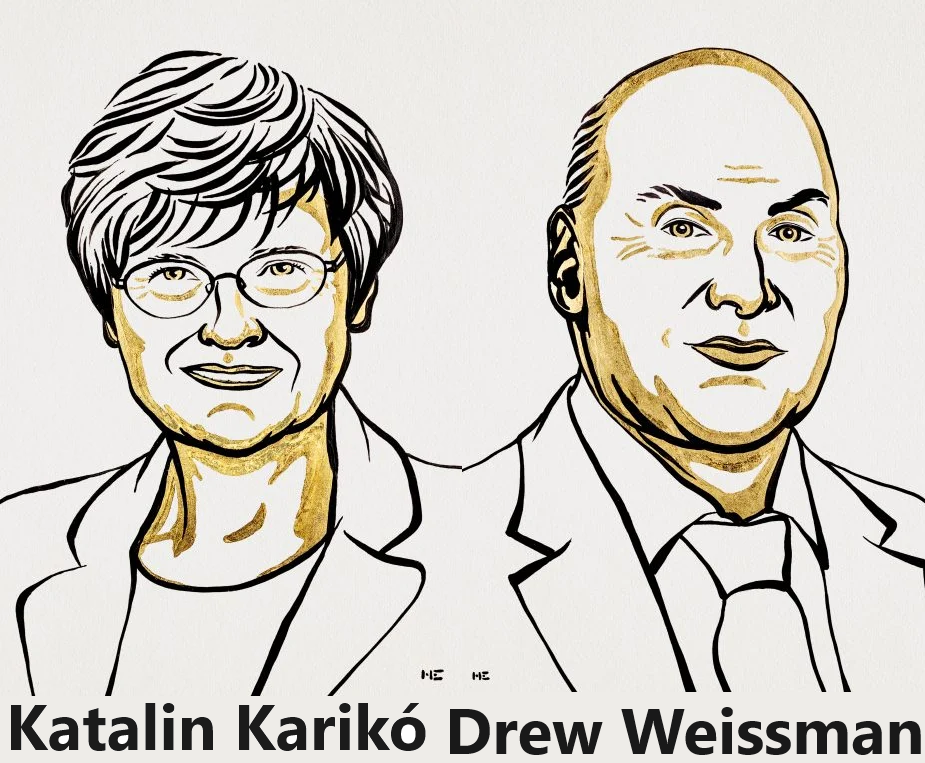About Program

This is part of its efforts to popularize science to the general public and students who are pursuing science as their career. TNSF attempt to focus on students on higher science as everyone knows that learning of science at college within the curriculum is not enough to acquire holistic knowledge of science at the appropriate time. Hence, to fill the gap between what students are acquiring through the curriculum and what it is required, TNSF is planning its activities on higher science to students who are pursuing higher education.

About the Lecture In our cells, genetic information encoded in DNA is transferred to messenger RNA (mRNA), which is used as a template for protein production. During the 1980s, efficient methods for producing mRNA without cell culture were introduced, called in vitro transcription. This decisive step accelerated the development of molecular biology applications in several fields. Ideas of using mRNA technologies for vaccine and therapeutic purposes also took off, but roadblocks lay ahead. Karikó and Weissman noticed that dendritic cells recognize in vitro transcribed mRNA as a foreign substance, which leads to their activation and the release of inflammatory signaling molecules. They produced different variants of mRNA, each with unique chemical alterations in their bases, which they delivered to dendritic cells. The results were striking: The inflammatory response was almost abolished when base modifications were included in the mRNA. This was a paradigm change in our understanding of how cells recognize and respond to different forms of mRNA. Karikó and Weissman immediately understood that their discovery had profound significance for using mRNA as therapy. These seminal results were published in 2005.
